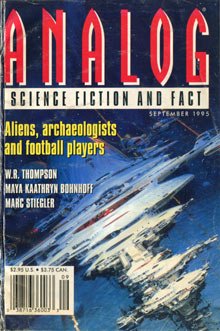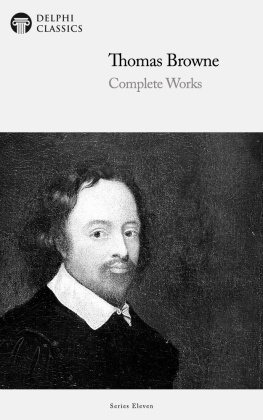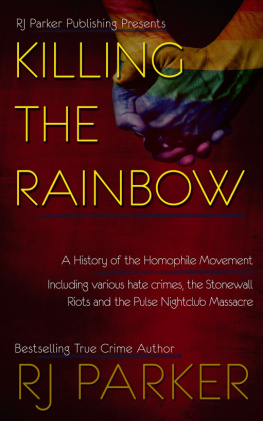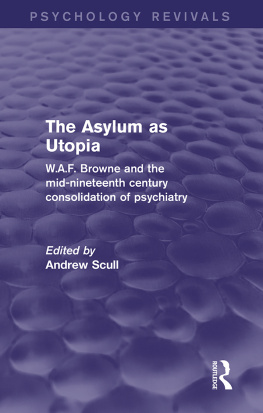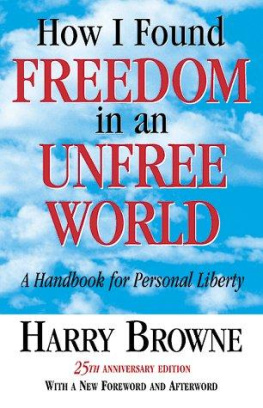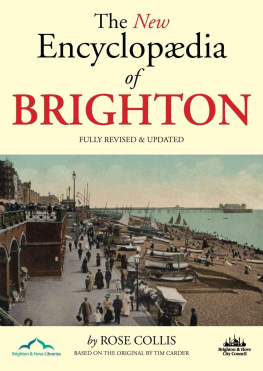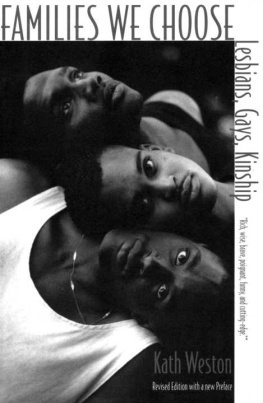ORDINARY IN BRIGHTON?:
LGBT, ACTIVISMS AND THE CITY
For all those who shared their stories, time and passion investing in the
research and social change it sought to achieve.
Ordinary in Brighton?:
LGBT, Activisms and the City
KATH BROWNE
University of Brighton, UK
LEELA BAKSHI
Research Activist, UK
First published 2013 by Ashgate Publishing
Published 2016 by Routledge
2 Park Square, Milton Park, Abingdon, Oxon OX14 4RN
711 Third Avenue, New York, NY 10017, USA
Routledge is an imprint of the Taylor & Francis Group, an informa business
Copyright Kath Browne and Leela Bakshi 2013
Kath Browne and Leela Bakshi have asserted their right under the Copyright, Designs and Patents Act, 1988, to be identified as the authors of this work.
All rights reserved. No part of this book may be reprinted or reproduced or utilised in any form or by any electronic, mechanical, or other means, now known or hereafter invented, including photocopying and recording, or in any information storage or retrieval system, without permission in writing from the publishers.
Notice:
Product or corporate names may be trademarks or registered trademarks, and are used only for identification and explanation without intent to infringe.
British Library Cataloguing in Publication Data
A catalogue record for this book is available from the British Library.
The Library of Congress has cataloged the printed edition as follows:
Browne, Kath.
Ordinary in Brighton? : LGBT, activisms and the city / by Kath Browne and
Leela Bakshi.
pages cm
Includes bibliographical references and index.
ISBN 978-1-4724-1294-2 (hardback) -- ISBN 978-1-3155-9906-9 (ebook) --
ISBN 978-1-3170-8514-0 (epub) 1. Sexual minorities--England--Brighton--Social conditions. 2. Sexual minorities--Government policy--England--Brighton. I. Bakshi, Leela. II. Title.
HQ73.3.G72B753 2013
306.760942256--dc23
2013005638
ISBN 9781472412942 (hbk)
ISBN 9781315599069 (ebk-PDF)
ISBN 9781317085140 (ebk-ePUB)
Contents
List of Figures and Tables
Figures
Tables
Preface
This book reflects on learning from the stories, hopes and views entrusted to the Count Me In Too (CMIT) research project. This project sought to work towards improving Lesbian, Gay, Bisexual and Trans (LGBT) lives through working across community, university and policy making sectors. In addition to producing a range of outputs orientated to practitioners and policy makers and community summaries providing briefer information on key findings (all available at ). This book further develops this thinking, linking and extending the research literature whilst also honouring the contributions of those who took part.
The topics explored in these outputs reflect that the project fed into and from activisms and agendas that were prominent in LGBT Brighton at the time of the research. This included themes explored in the chapters of this book (the scene, bi lives and trans lives, safety, pride) as well as those identified for further themed analysis by service providers and community groups during the project (including mental health, domestic violence and drugs and alcohol). As these became foregrounded, other agendas were de-centred, which in other contexts we and other scholars might see as requiring attention. For example, questions of race and ethnicity were given considerable attention in the research design and process and these identities were highlighted as pertinent by the steering group. The collective undertaking of the project sought the participation of those who occupy these and other positions (including asylum seekers and people of faith, as well as a range of other identities) (see Browne et al. 2009 for a critical examination of this). Focus groups were undertaken specifically targeting participation of Black and Minority Ethnic (BME) people and all quantitative analysis explored ethnicity as a variable (see ) are not important or were not relevant in understanding Brighton. Indeed, we consider race at different points in this text. Rather, because of the participatory way in which the CMIT research operated, the research team prioritised issues that were felt at that time to have the most potential to productively work towards the aim of progressing social change for LGBT people in the city. We recognise that particular social differences may be highlighted when engaging with data that emerges from a participatory process, to the neglect of those that are of crucial importance in other contexts. In this case academic agendas that demand analysis of the intersections of race and ethnicity are important, but these were not the focus of those working pragmatically at the front line of LGBT equalities. However, with this absence of data, we cannot centralise this as a point of analysis and anticipate that this will be seen as a failing of the research and an absence in this text. This study, as in all research, has silences and absences; here we name one that we not only recognise as a potential point of critique, but also as an issue that we both experience personally; one of us identifies as BME and the other as a first generation Irish immigrant. Whilst we are uncomfortable with this absence, we are unapologetic that this results from not pushing our agendas in order to produce material that we need for our academic endeavours and this book. We hope that other narrations of LGBT organising and activism that attend to identities neglected in this work will be enlivened by this book.
Ordinary in Brighton? seeks to challenge the academic audience for whom it is framed, to consider the process of formation of knowledge. We use extended quotes drawn from the Count Me In Too participatory research process, to contest the authorial voice of the scholar and offer insights from those who participated and formed the research. We at times treat these as fact, reflecting the expertise of those we spoke to. While some might read this as descriptive, we argue that displacing the scholar has profound and necessary implications for the creation of knowledge. This is also achieved through a co-authorship between an activist researcher (Leela) and an academic (Kath).
In displacing and re-placing academic conventions and challenging the god-trick of academic authorship through the rich tradition of feminist discussions of positionalities, it is important to acknowledge who we are as authors, researchers and activists and why we took part in this project (see, for example, Haraway 1991, Rose 1995). Leela says:
I really wanted to write. Writing the book also presented a logical next step for (my) activism through the Count Me In Too project, where there was more learning to explore and a need for a vehicle to disseminate ideas arising in the project. It is important to me how writing undresses me from less privileged statuses woman, black, lesbian, feminist, mixed race, bit wobbly with mental health and other stuff. I dont have to deal with the interactions around these identities when Im communicating through writing.
For Kath:
writing this book was both a necessity (outputs from the research), and had massive personal investment. Both living and enjoying this city and not feeling marginalised by my difference (being Irish and a recent immigrant), gave me the opportunity and drove me to understand what gay Brighton could do to those who did not have the privileges I enjoy. Throughout this process, and now writing with Leela, my values and judgements have been questioned in ways that can be described as inspirational and enriching, as well as difficult, challenging and at times frustrating!



